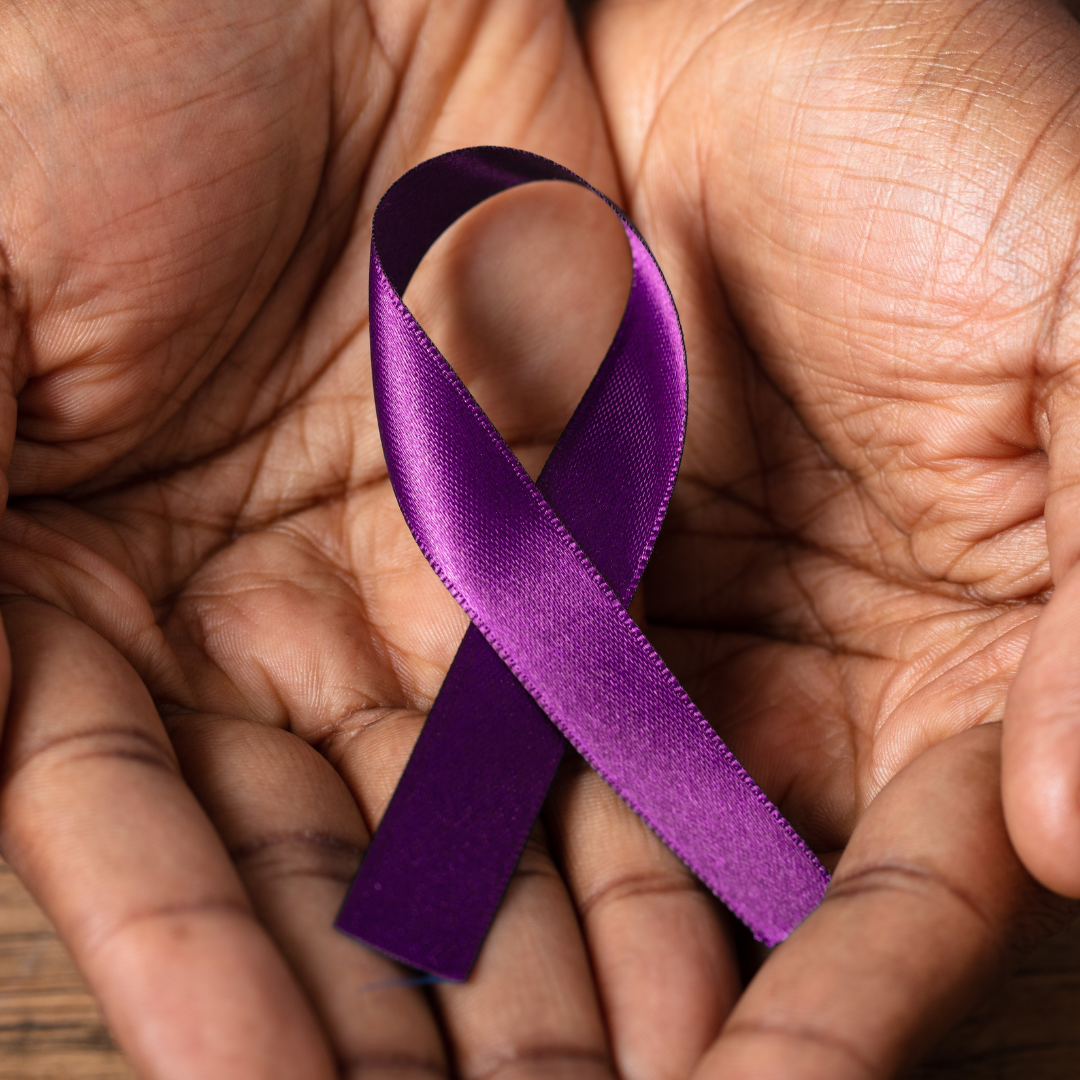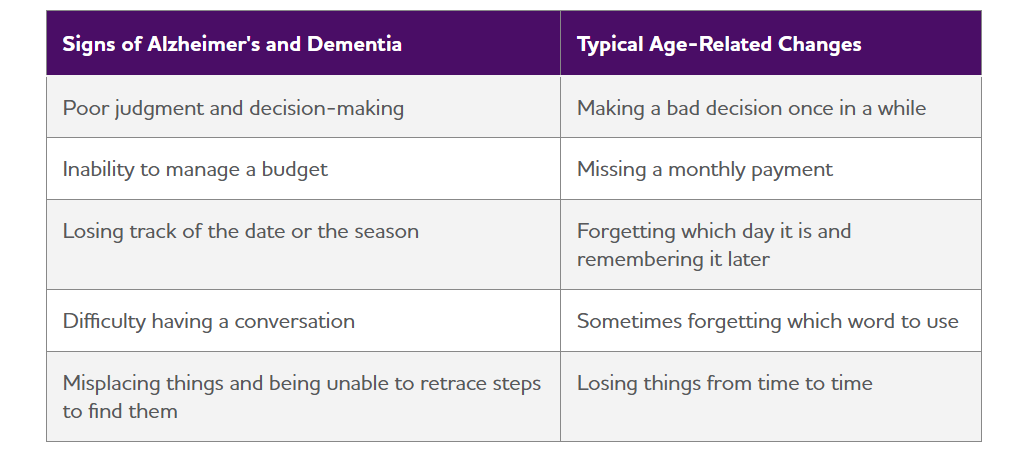
Alzheimer's and Brain Awareness
Every June, we’re encouraged to dedicate time to raising awareness about Alzheimer’s disease and other forms of dementia, while honoring those affected – whether they’re living with the disease, caring for someone who is or have lost a loved one to it.
Alzheimer's disease is a progressive brain disorder that slowly destroys memory, thinking skills and eventually the ability to carry out simple tasks. It’s the most common form of dementia, usually starting with forgetfulness and confusion before progressing to more severe memory loss and challenges with language, decision-making, and even basic tasks. What makes Alzheimer's especially heartbreaking is that it not only impacts the person living with it, but also deeply affects families, friends, and caregivers.
Raising awareness about Alzheimer's is incredibly important. Many people still believe it's just a normal part of aging, but that’s not true. While it's more common in older adults, Alzheimer’s is a disease - not an inevitable part of growing older. But, what is the difference between Alzheimer’s and typical age-related changes?

By understanding the signs and symptoms, we can encourage early diagnosis and help people get the support they need sooner. That includes things like memory screenings, medical advice, and long-term care planning.
EXERCISE YOUR BRAIN
While there’s no certain way to prevent Alzheimer’s or other forms of dementia, research suggests certain lifestyle choices can lower your risk or delay the onset. Think of it as giving your brain the best possible chance to stay healthy as you age.
One of the best things you can do is keep your brain active. Activities like reading, puzzles, learning a new language or skill, and playing musical instruments can help keep your mind sharp. This is why our Benefits Team shared the Olympic Steel Word Search this month – to help you give your brain a break (and a chance to win a prize!). It’s not too late to participate – email your completed Word Search to Wellness@olysteel.com by Monday, June 30 at 5:00pm (Eastern Time).
AWARENESS MATTERS
Research into Alzheimer’s is ongoing, and public support plays a huge role in driving funding and scientific progress. While there’s no cure yet, advances in treatment and care strategies are helping people live better for longer. Talking openly about Alzheimer’s also helps reduce the stigma, making it easier for people to ask for help without feeling ashamed.
Alzheimer’s and Brain Awareness Month reminds us how powerful knowledge and compassion can be. Whether it’s by participating in awareness walks, sharing personal stories, wearing purple (the official color of the cause) or simply learning more about the disease, every small action can help build a more informed and compassionate community. Alzheimer’s doesn’t just affect individuals - it touches all of us. The more we understand, the more we can do to support those who are living with it and those who care for them.
